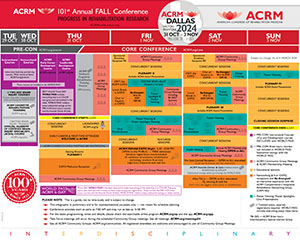.jpg)
Jacob Raber, PhD (he/him/his)
Professor
OHSU
Portland, OR, United States
Our research focuses on effects of genetic factors, such as apoE, and environmental factors, including irradiation, immunotherapy, a high-fat diet, environmental toxins, and other stressors, on brain structure and function in experimental mouse models of human neurological diseases. Based on what we learn in the mouse models, we try to develop tests and treatment strategies to improve brain function in humans suffering from these diseases. Routinely, we use a combination of behavioral, neuroendocrinological, pharmacological, neurochemical, immunohistochemical, cellular, and molecular approaches. Recently, as part of collaborative efforts, we started to include unibiased omics approaches to determine whether the behavioral and cognitive alterations are associated with specific pathway alterations. We developed humanized versions of the mouse object recognition and spatial navigation tests and assess whether they are sensitive to detect effects of sex and apoE4 on cognition in health and disease. These tests might be valuable in identifying biomarkers of cognitive function and susceptibility to cognitive impairments.
Disclosure(s): No financial relationships to disclose
Presentation(s):
-
Long COVID Symposium Part 1: pathophysiology and Assessment of Fatigue and Brain Fog 0569
Friday, November 1, 2024
8:15 AM - 9:15 AM

.jpg)
.jpg)
.jpg)
